Personalization of ATM cards is a way to make them visually unique and aligned with the cardholder’s preferences. Here’s how personalization generally works:
Card personalization, or card issuance, is the process of adding unique features and customer information to the chip of credit, debit, or prepaid card products
1. Design Options
- Custom Images or Photos: Many banks and card issuers offer the option to upload a photo, like a family picture, favorite landscape, or even a design, which can be printed on the card.
- Template Selection: Banks may provide a selection of designs to choose from, including patterns, colors, or themes (such as nature, sports, or urban styles).
- Brand Collaboration Designs: Some banks partner with brands or causes to offer cards featuring popular characters, sports teams, or seasonal themes.
2. Material Choices
- Metal Cards: For premium accounts, some banks offer cards made of metal, which adds a distinct look and feel.
- Eco-Friendly Options: Cards made from recycled or biodegradable materials are becoming popular, especially among environmentally conscious customers.
3. Special Features
- Personalized Text: In addition to the name, some banks allow customers to add special messages or initials.
- Color Variants: For those who prefer minimalist designs, some banks offer cards in a range of solid colors.
- Vertical Layouts: Some newer designs have a vertical orientation, making them easier to use with tap-to-pay technology.
4. Security and Enhanced Design
- Invisible Card Numbering: Many modern card designs now place the card number and CVV on the back, making the front sleeker and more secure.
- Contactless Symbols: Some personalization of ATM cards now highlight contactless symbols for easier identification when tapping.
- ATM Cards for Banks
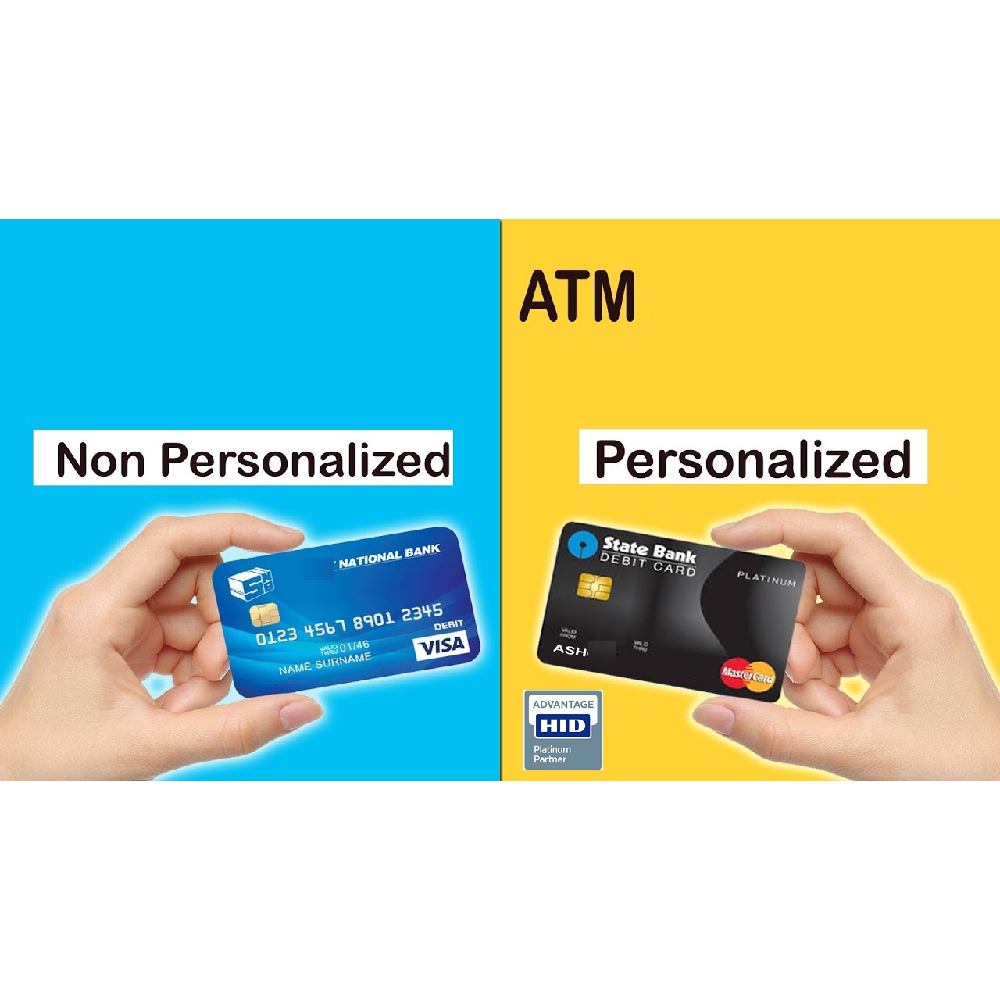
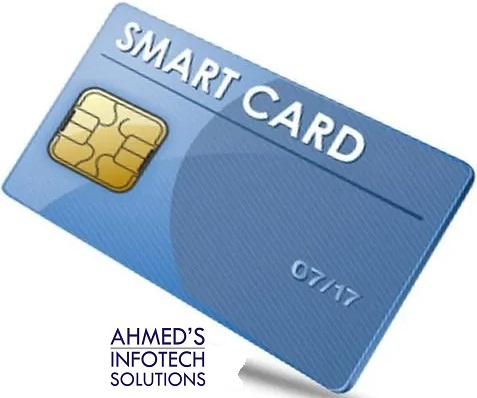
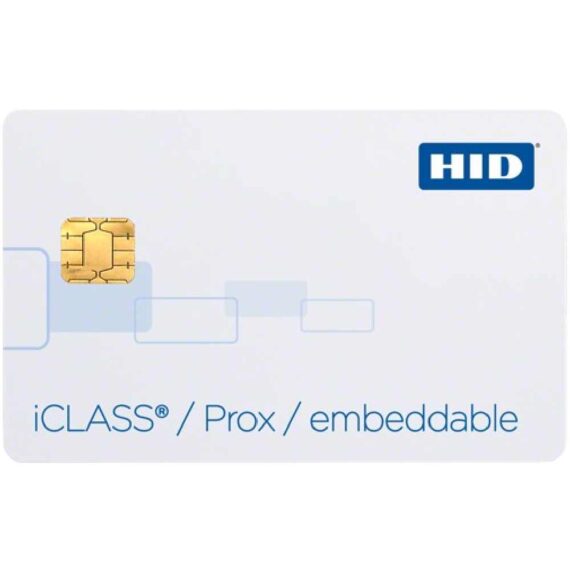
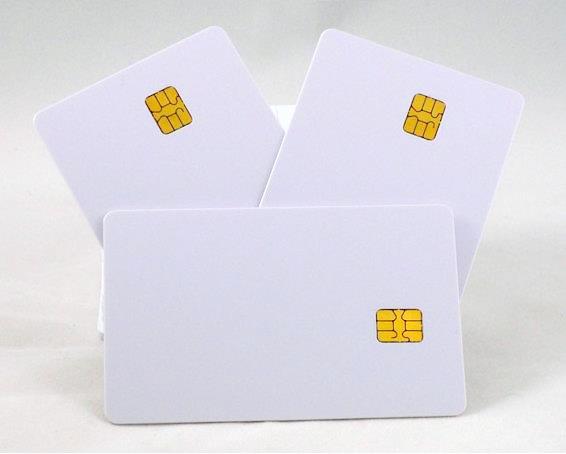
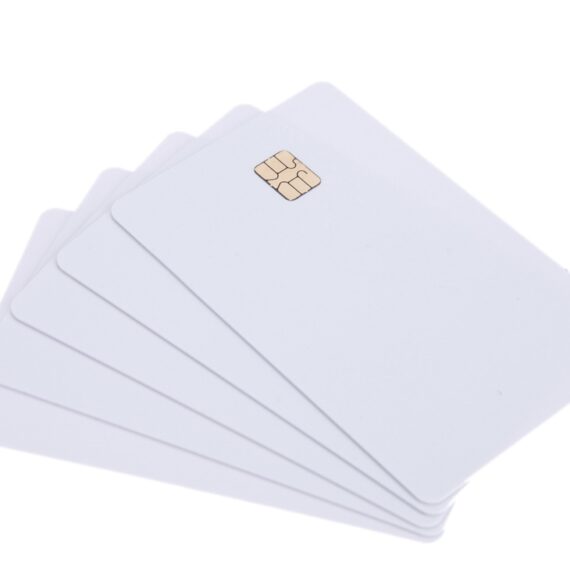
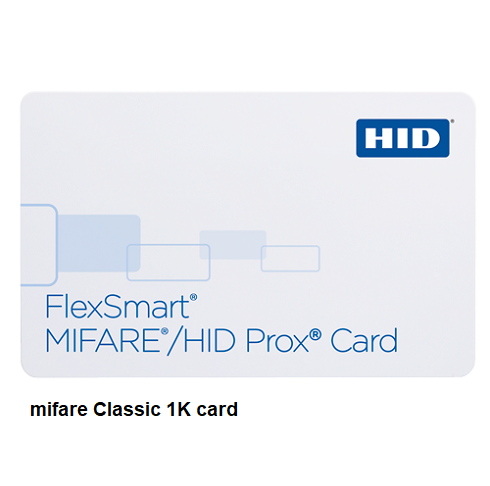
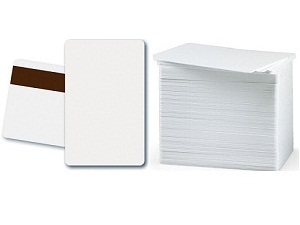
Reviews
There are no reviews yet.